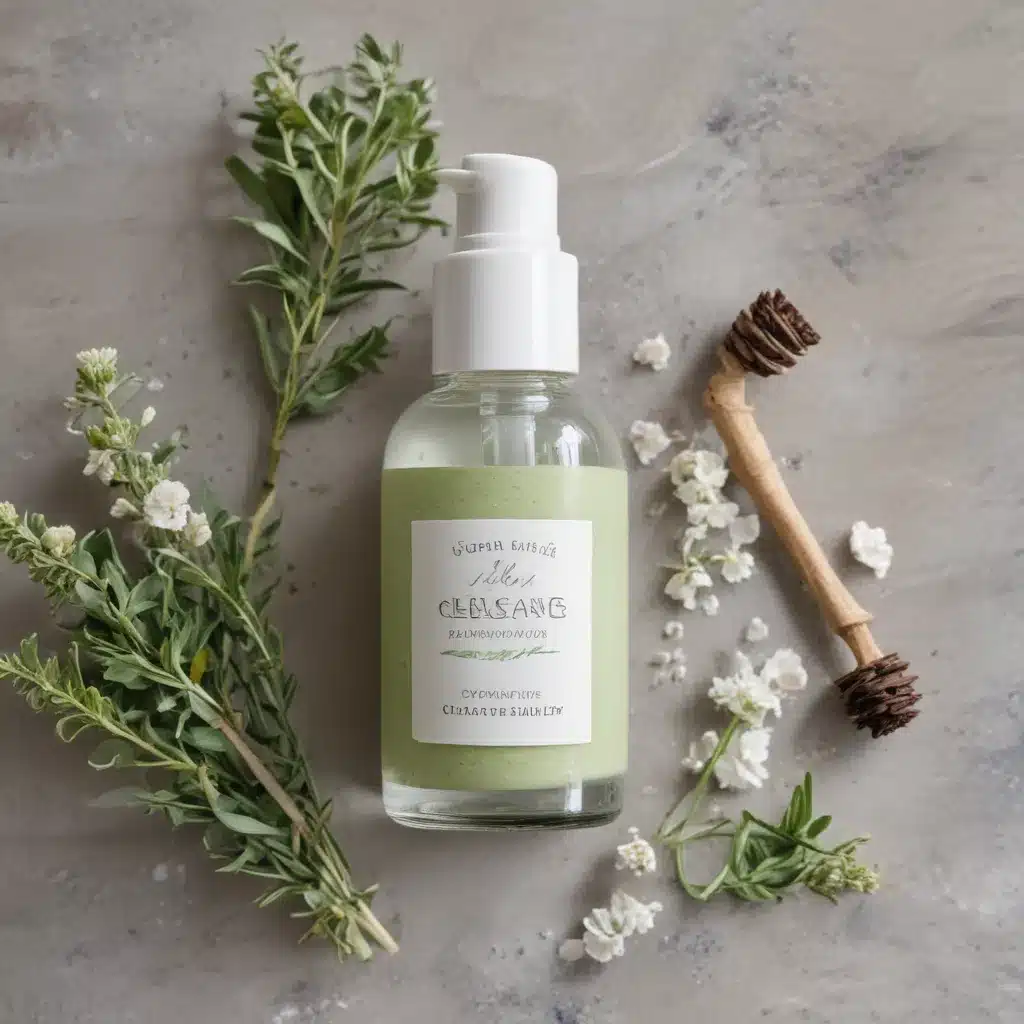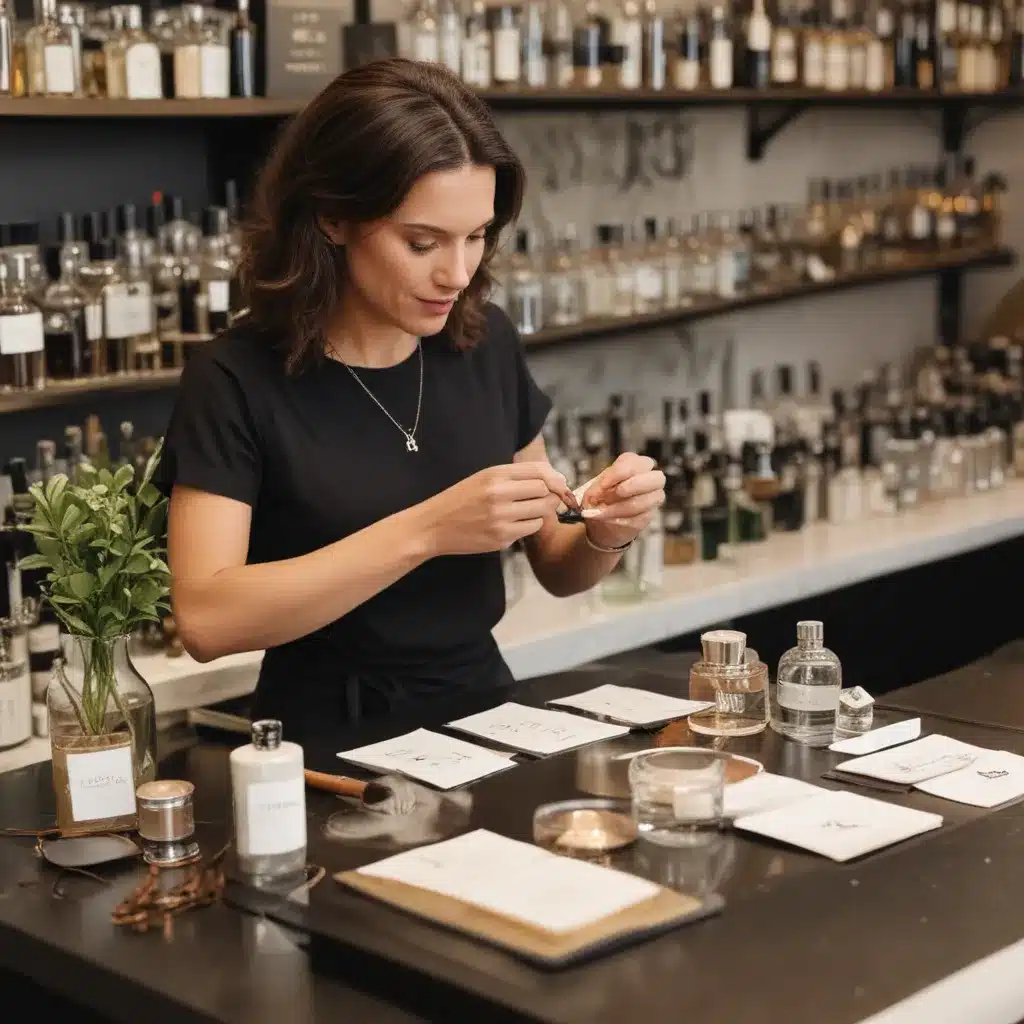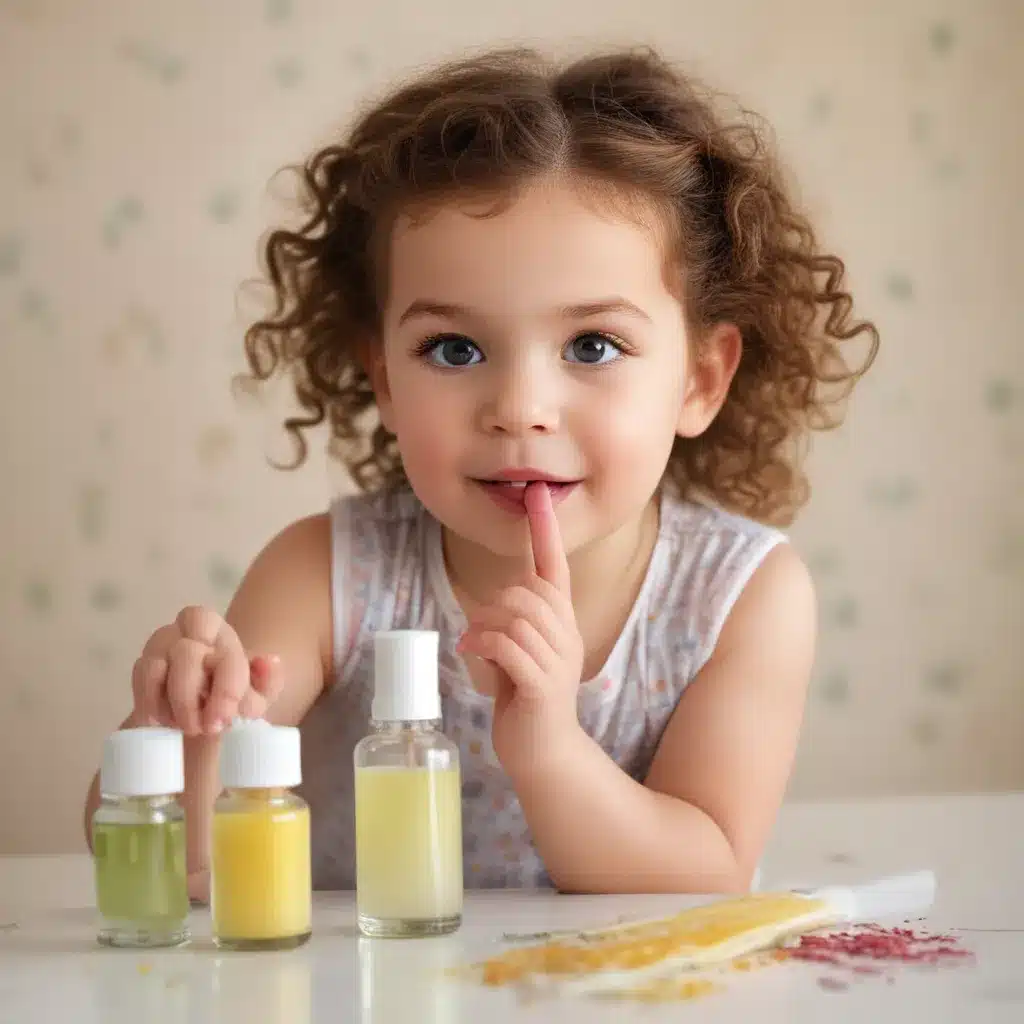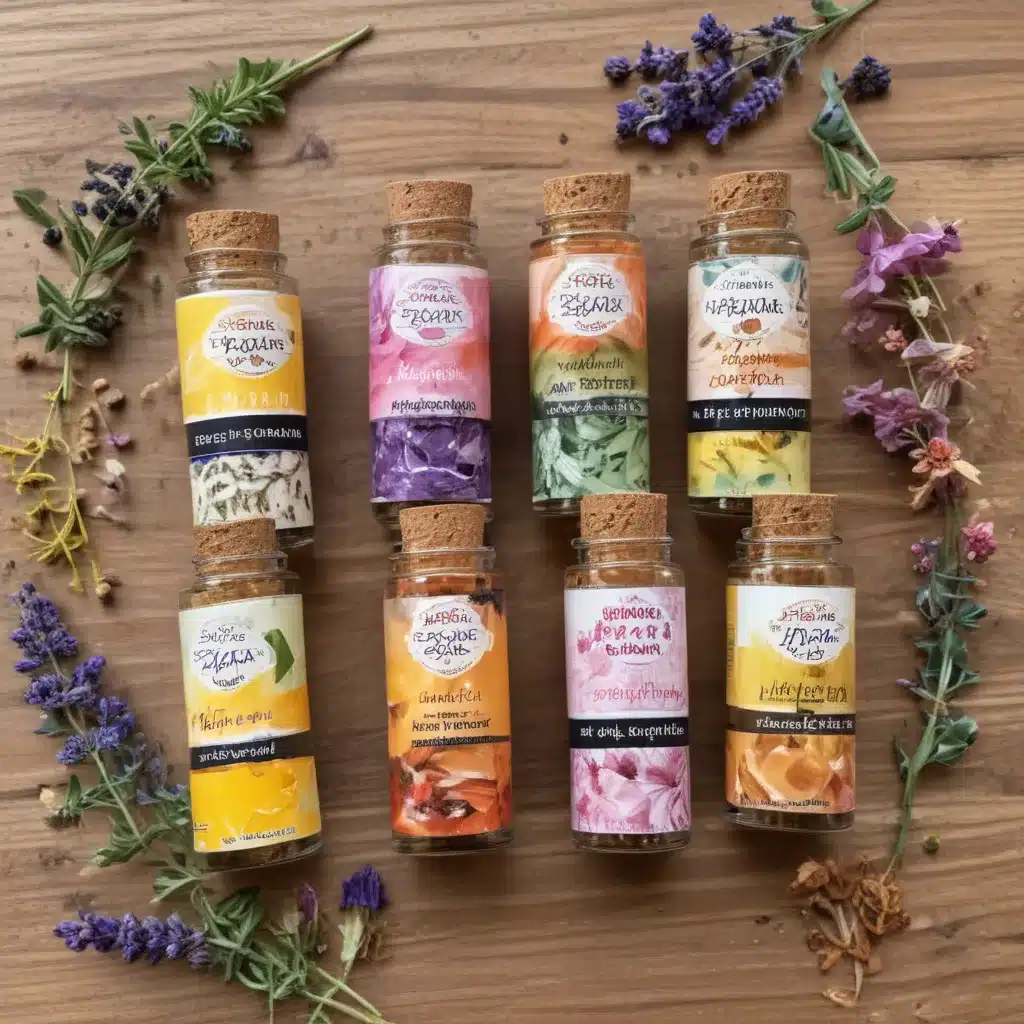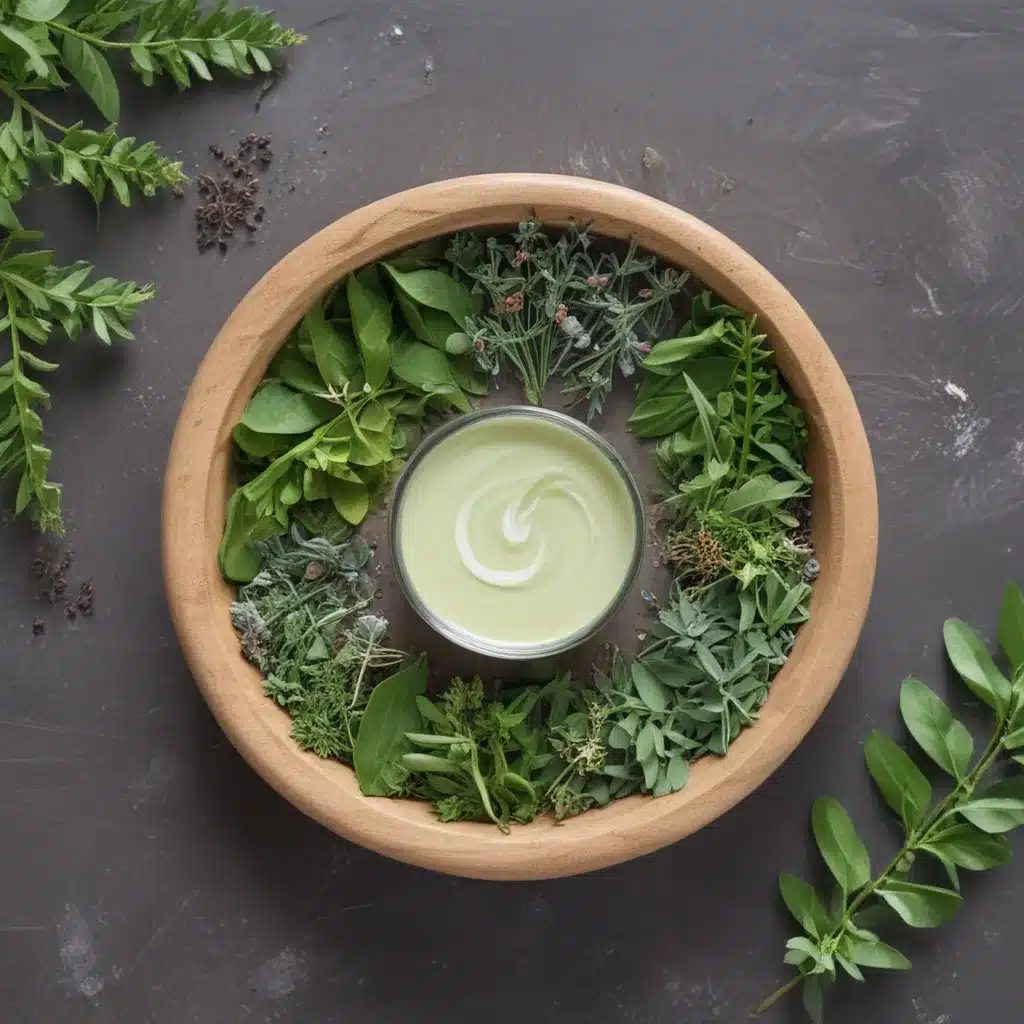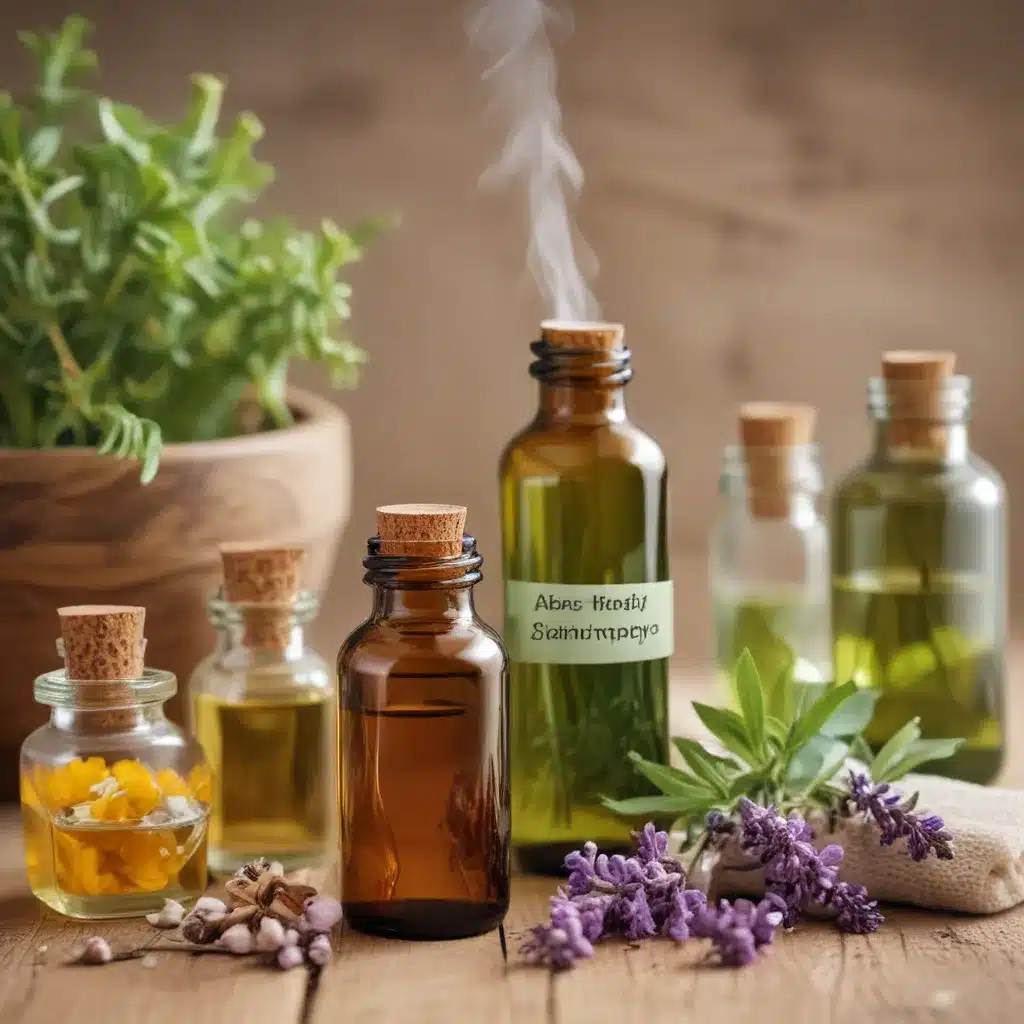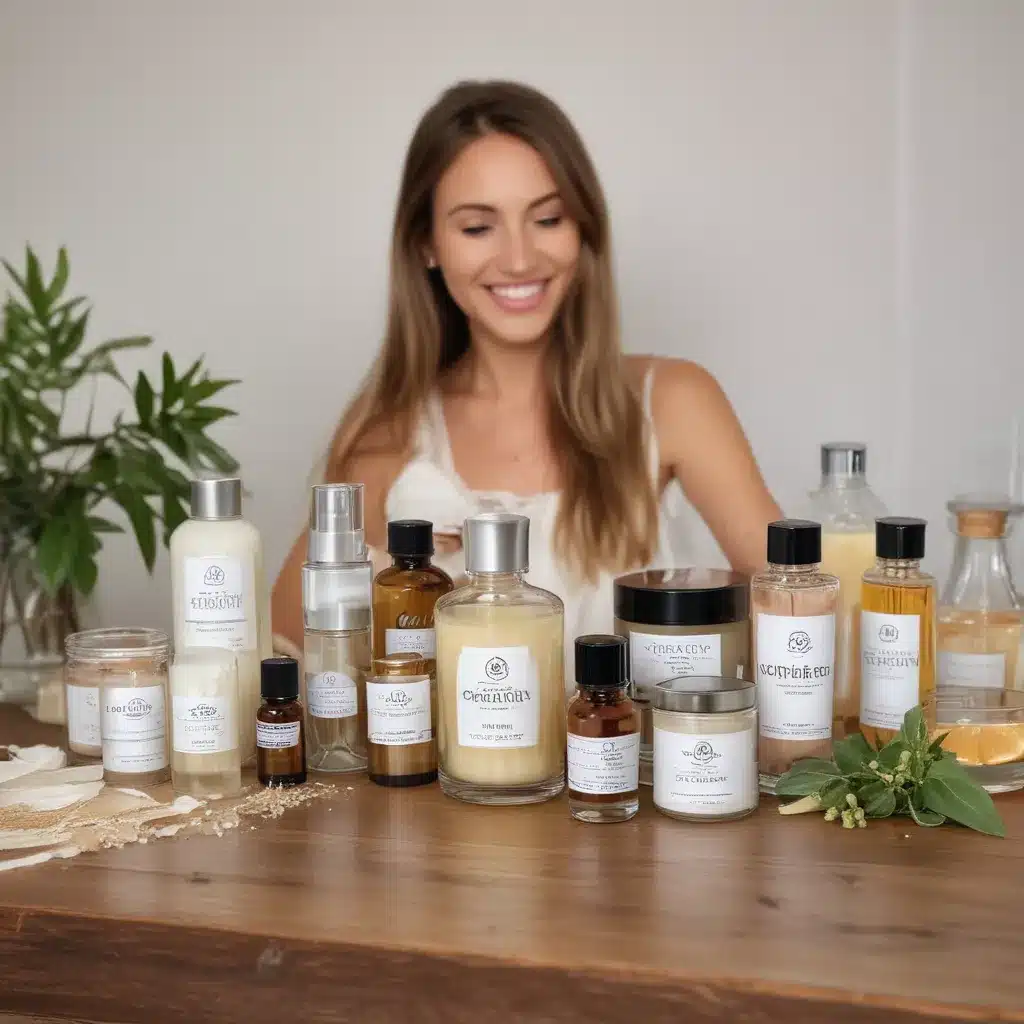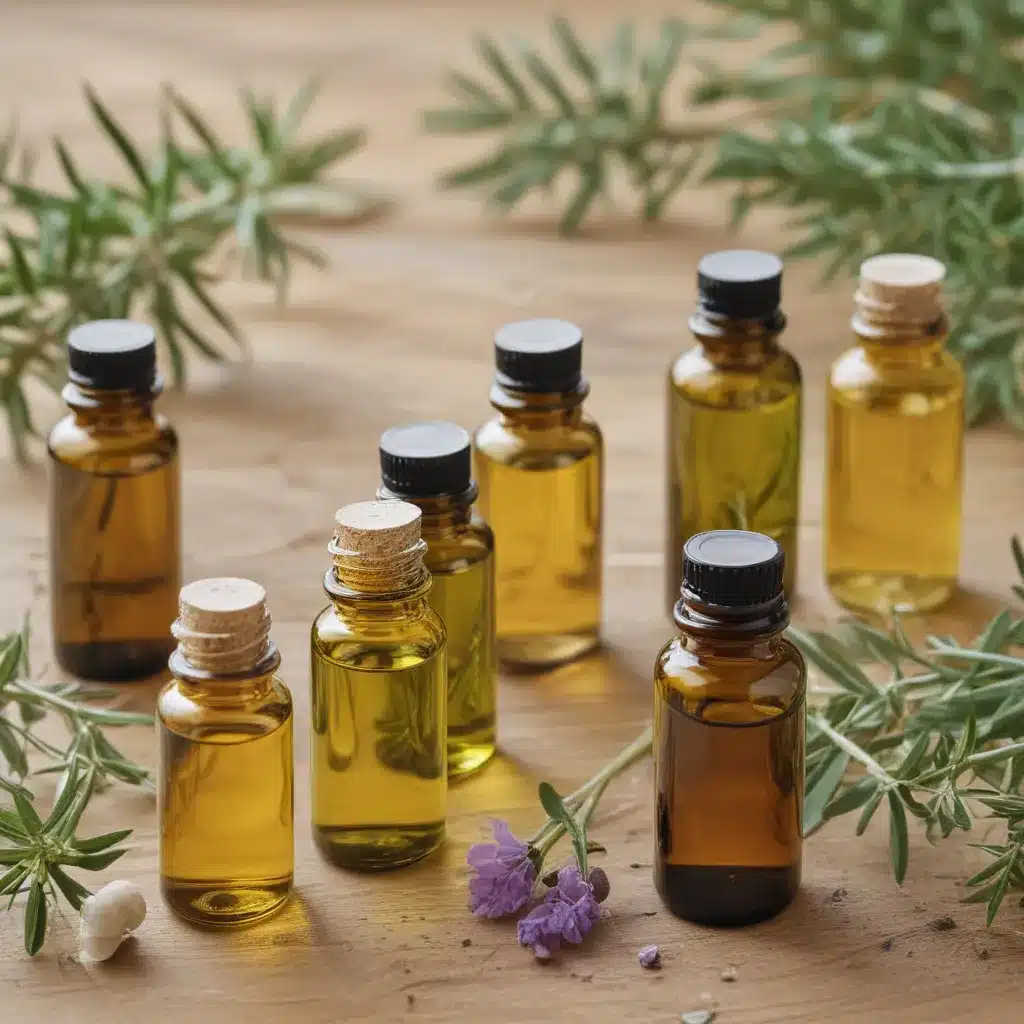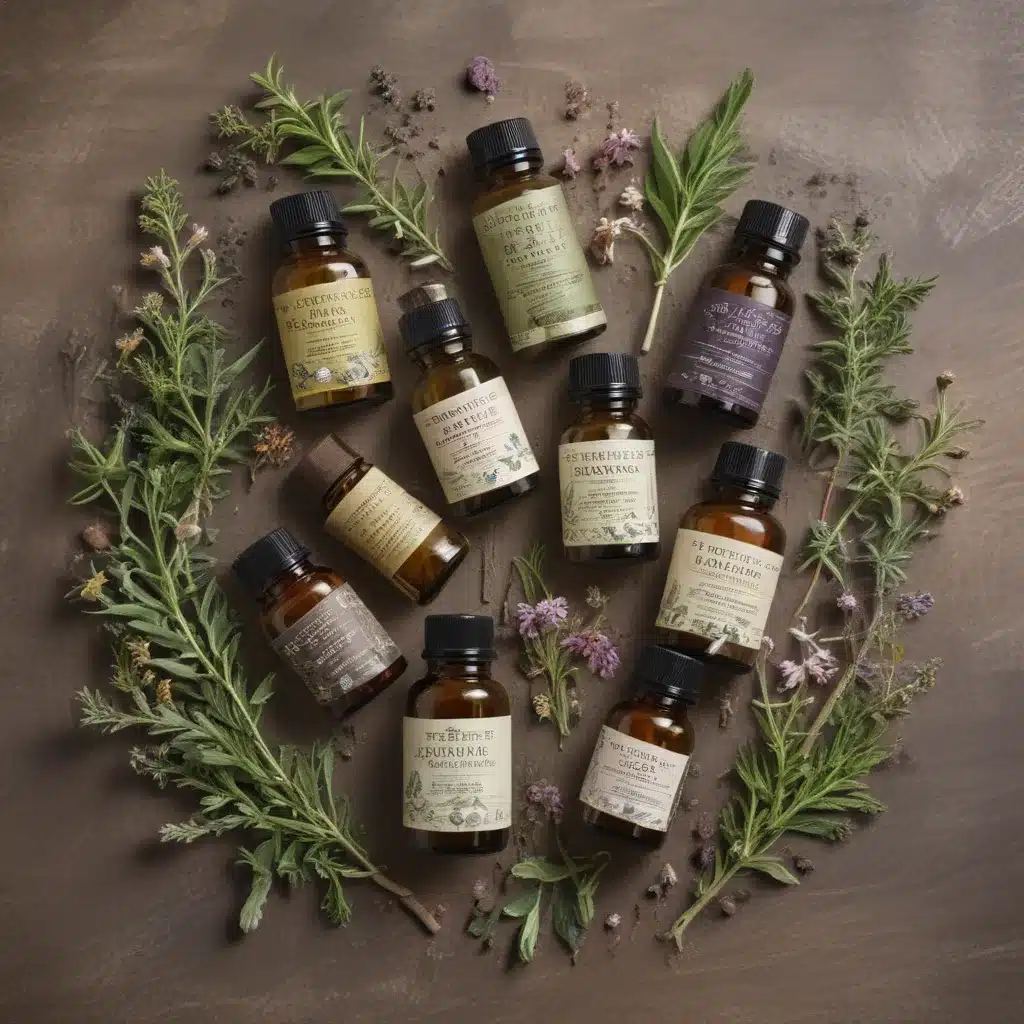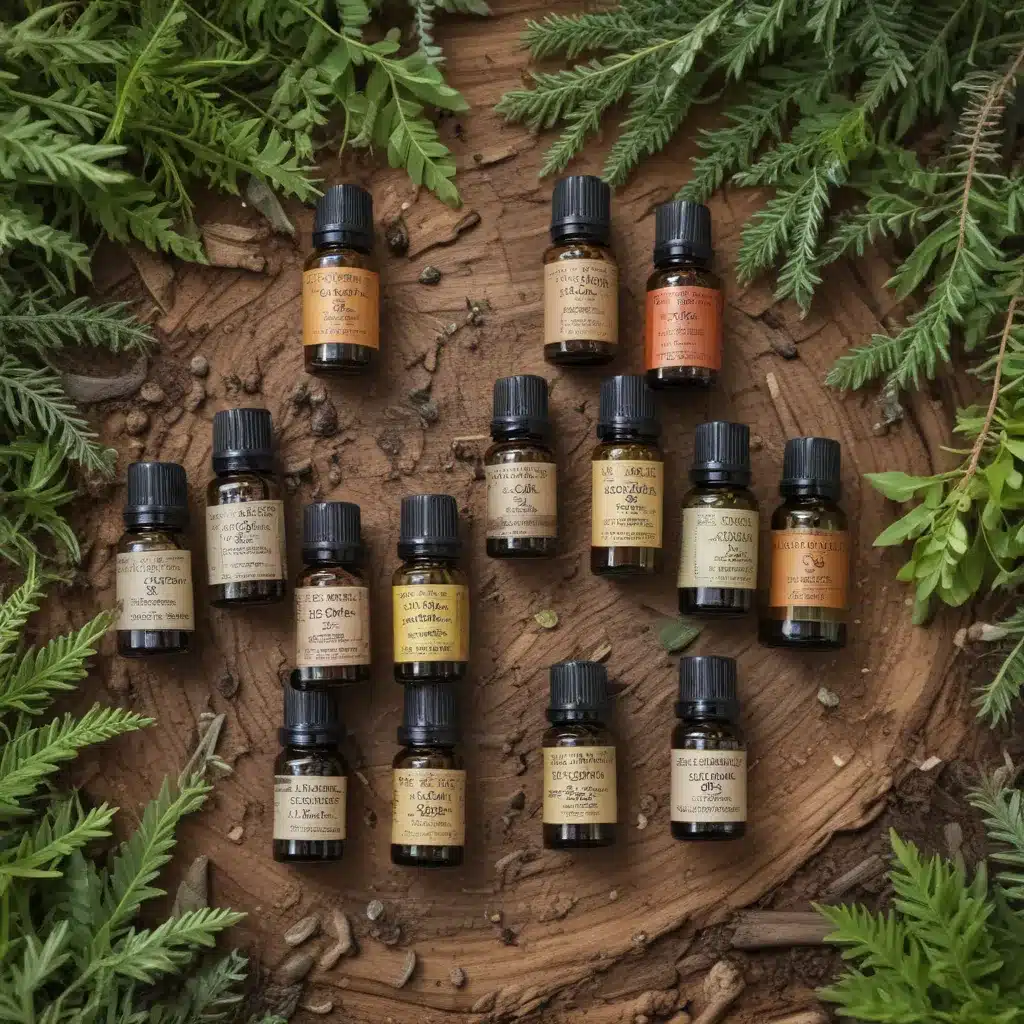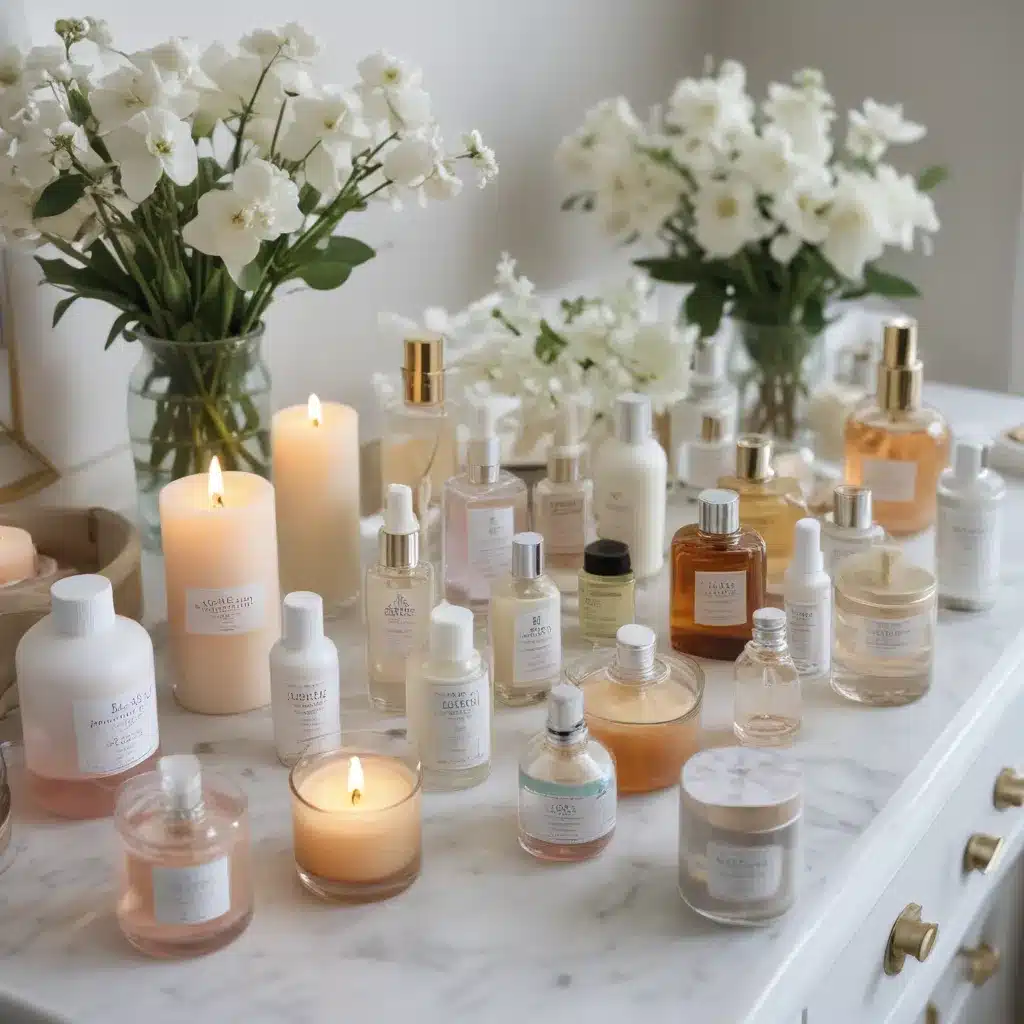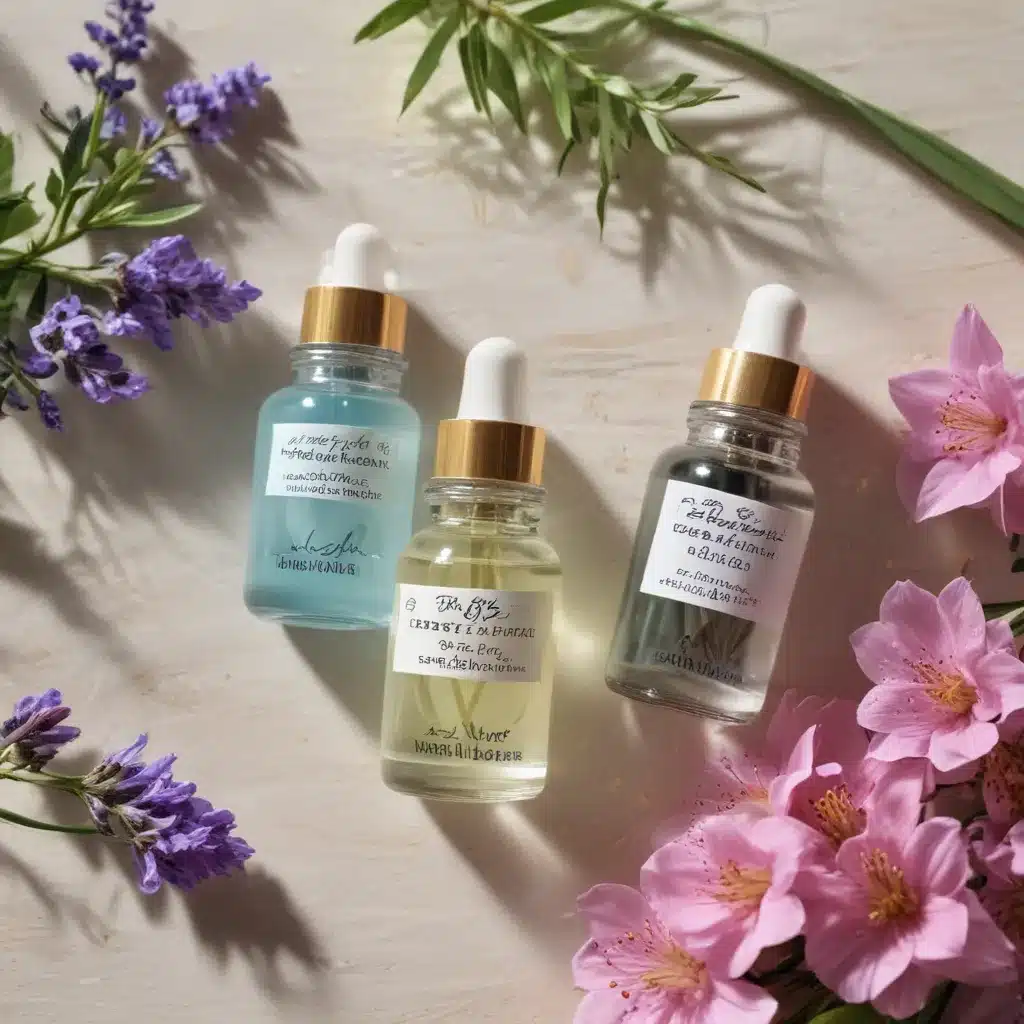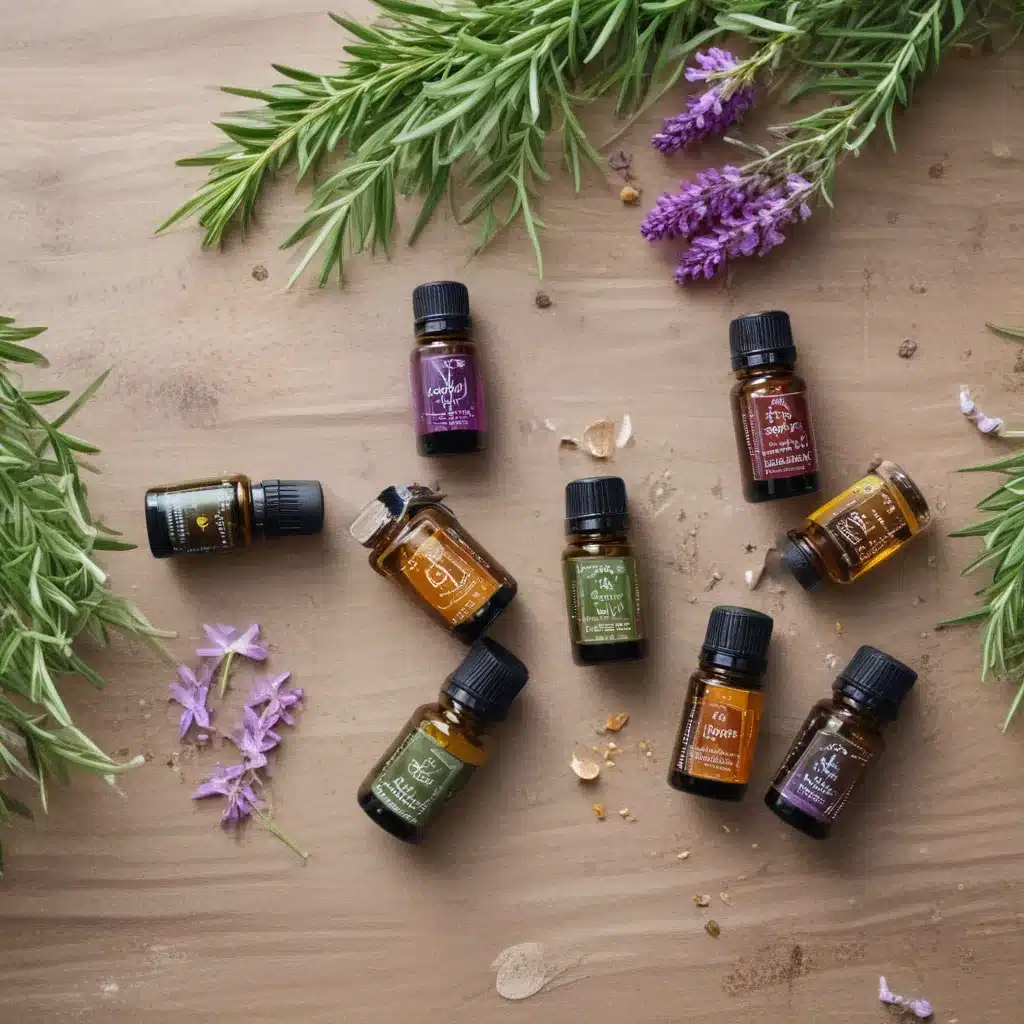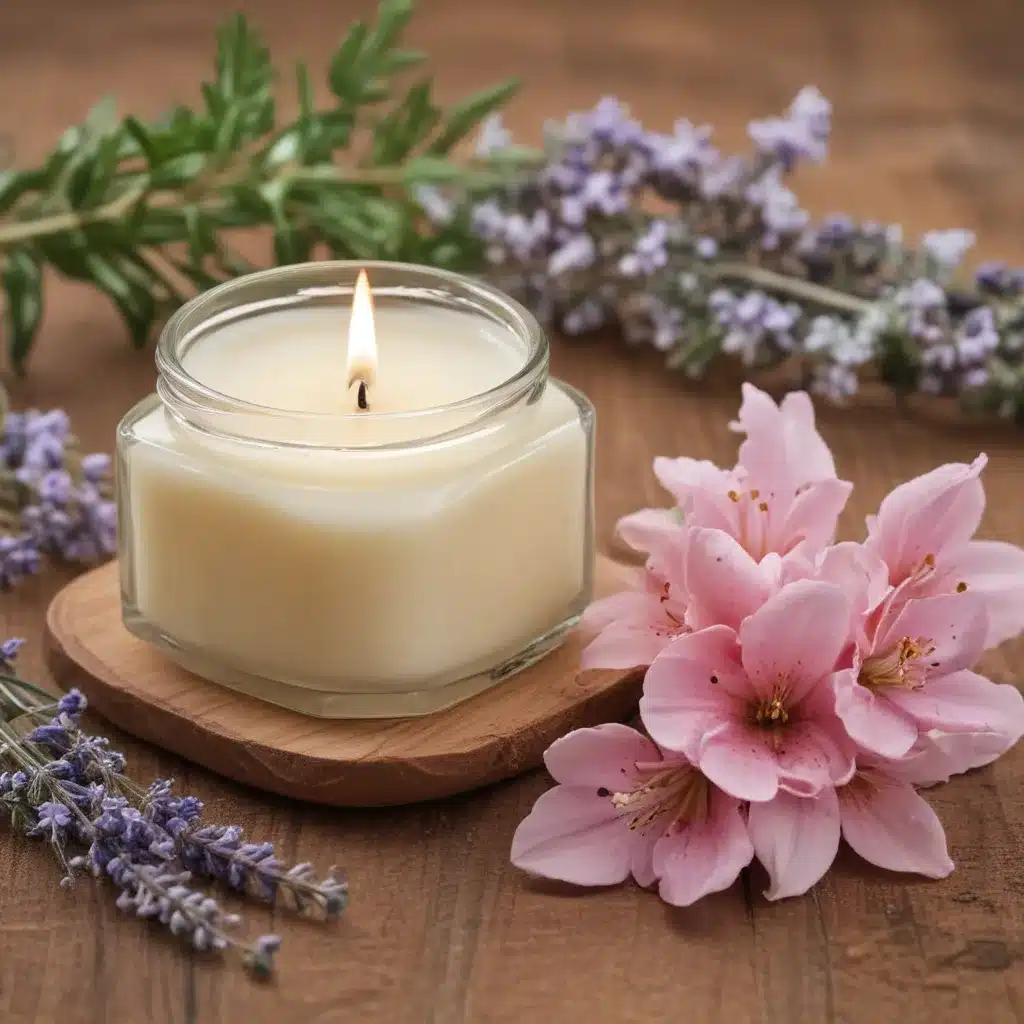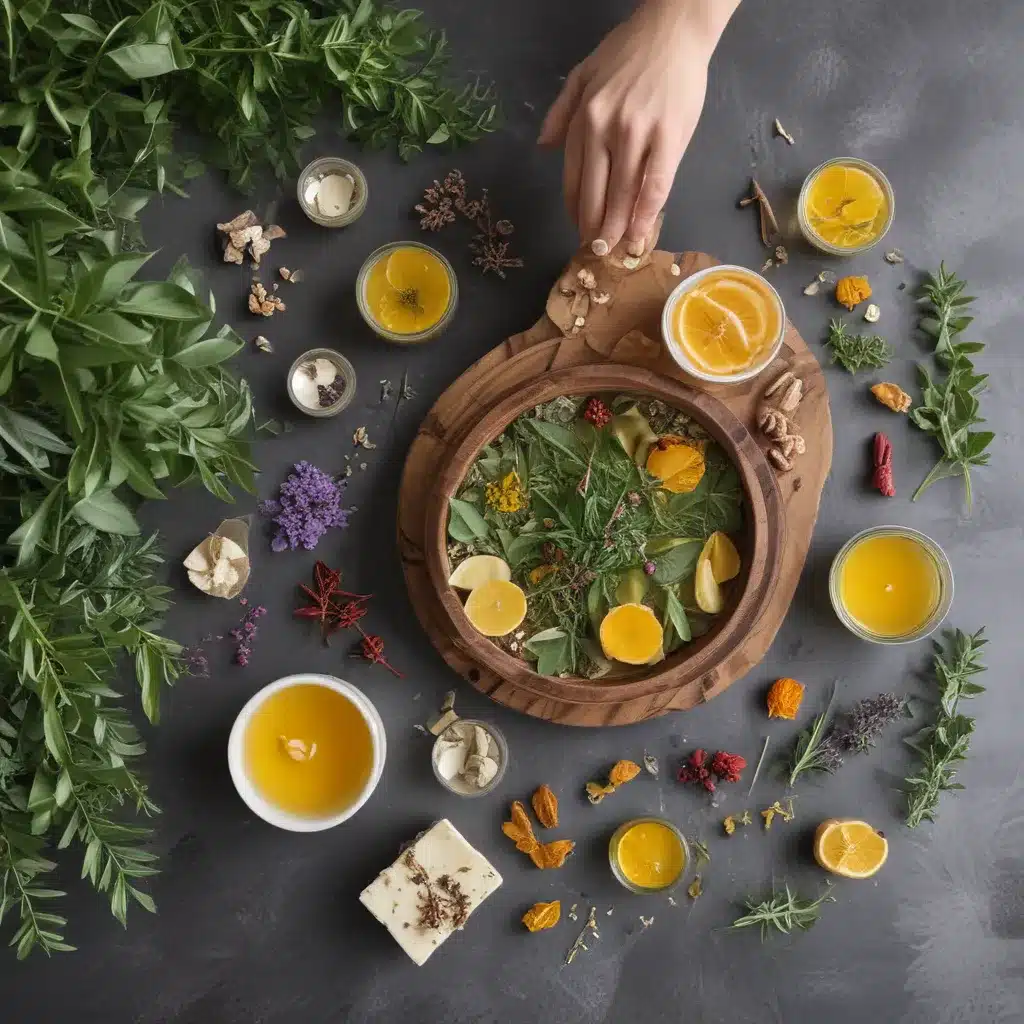
In the vast world of wellness, aromatherapy acts as a gentle breeze, offering a soothing touch to one’s daily routine. Essential oils, like tiny keys to nature’s treasure trove, hold the potential to reveal a domain of benefits for both the mind and body. As we navigate through the intricate web of scents and sensations, understanding the nuances of aromatherapy becomes not just a skill but a gateway to a heightened sense of well-being. Let’s unravel the mysteries behind this ancient practice together, exploring the depths of its potential for a harmonious existence.
Benefits of Aromatherapy
Aromatherapy offers a myriad of benefits that can positively impact both physical and mental well-being. Research has shown that the use of essential oils in aromatherapy can help reduce stress, anxiety, and improve sleep quality. The inhalation of certain essential oils like lavender or chamomile can have a calming effect on the nervous system, promoting relaxation and a sense of well-being.
In recent years, aromatherapy has become increasingly popular as people seek natural alternatives to promote wellness. Aromatherapy is not only about creating a pleasant scent but also about harnessing the therapeutic properties of essential oils. The benefits of aromatherapy extend beyond just relaxation; certain essential oils like peppermint or eucalyptus have invigorating properties that can help boost energy levels and improve focus.
Additionally, aromatherapy can also have physical benefits. Essential oils like tea tree or eucalyptus have antimicrobial properties that can help fight off common colds or respiratory infections. By incorporating aromatherapy into your daily routine, whether through diffusers, massages, or baths, you can experience the holistic benefits that essential oils offer.
As aromatherapy continues to be integrated into wellness trends, it is essential to understand the science behind how different essential oils interact with our bodies to provide these incredible benefits.
Understanding Essential Oils
Understanding essential oils involves delving into the intricate world of plant-based extracts and their therapeutic properties that can positively impact our health and well-being. Essential oils are highly concentrated liquids extracted from various parts of plants like flowers, leaves, bark, roots, and fruits. These oils carry the essence, aroma, and beneficial properties of the plant they are derived from.
Essential oil benefits are vast and diverse. They can help alleviate stress, improve sleep quality, boost mood, relieve headaches, and even enhance focus and concentration. Each essential oil has unique properties and benefits. For example, lavender oil is known for its calming effects, while peppermint oil is often used for its energizing and invigorating properties.
Aromatherapy blends are created by combining different essential oils to achieve specific therapeutic effects. Blending oils can enhance their individual benefits and create synergistic effects. When mixing essential oils, it is crucial to take into account the properties of each oil and how they complement each other. For instance, combining lavender and chamomile oils can create a soothing blend perfect for promoting relaxation and better sleep.
Exploring the world of essential oils and aromatherapy blends can open up a whole new dimension of natural health and wellness benefits, allowing you to harness the power of plants for your overall well-being.
Safety Precautions and Guidelines
When it comes to using essential oils safely, it’s important to pay attention to factors like the selection of oils, proper dilution ratios, and ventilation techniques. Essential oil selection involves understanding the properties of each oil and how they interact with your body. Diluting oils correctly and ensuring proper ventilation can help prevent adverse reactions and promote a safe aromatherapy experience.
Essential Oil Selection
Before incorporating essential oils into your aromatherapy practice, it is important to carefully consider safety precautions and guidelines to guarantee a positive and safe experience. When selecting essential oils, keep in mind their potency and potential effects on your body. Here are some essential oil selection tips:
- Research: Understand the properties and benefits of each oil.
- Quality: Choose high-quality, pure essential oils for best results.
- Allergies: Be aware of any allergies or sensitivities you may have.
- Dilution: Some oils require dilution before use to prevent skin irritation.
Dilution Ratios for Oils
To guarantee safe and effective use of essential oils in aromatherapy, it is important to understand the appropriate dilution ratios for different oils. When it comes to oil dilution methods, following recommended guidelines is essential for aromatherapy safety. Here is a handy table outlining some common essential oils and their suggested dilution ratios:
| Essential Oil | Dilution Ratio | Carrier Oil |
|---|---|---|
| Lavender | 2% | Sweet Almond Oil |
| Tea Tree | 1% | Jojoba Oil |
| Peppermint | 3% | Coconut Oil |
| Eucalyptus | 1.5% | Olive Oil |
| Lemon | 2.5% | Grapeseed Oil |
Proper Ventilation Techniques
Proper ventilation techniques are essential for maintaining a safe and effective environment during aromatherapy sessions. When it comes to ensuring good air quality, here are some ventilation tips to take into account:
- Open Windows: Allow fresh air to circulate by opening windows before, during, and after your aromatherapy session.
- Use Fans: Position fans strategically to help disperse the essential oil molecules throughout the room.
- Avoid Confined Spaces: Conduct aromatherapy in well-ventilated areas to prevent the buildup of strong scents.
- Take Breaks: Step outside periodically to breathe fresh air and prevent overwhelming your senses with the aroma.
Choosing the Right Essential Oils
When selecting essential oils for aromatherapy, it’s important to take into account their individual properties and potential benefits to achieve desired therapeutic effects. The scent selection and aroma compatibility play a critical role in creating a harmonious blend that can address specific needs or concerns. Here are some key points to take into account when choosing the right essential oils:
| Scent Selection | Aroma Compatibility | Potential Benefits |
|---|---|---|
| Citrus (e.g., lemon, orange) | Floral (e.g., lavender, rose) | Uplifting and energizing |
| Mint (e.g., peppermint, spearmint) | Herbal (e.g., rosemary, basil) | Revitalizing and invigorating |
| Woody (e.g., cedarwood, sandalwood) | Earthy (e.g., patchouli, vetiver) | Grounding and calming |
Each essential oil has its own unique aroma profile and therapeutic properties. Citrus oils, such as lemon and orange, are known for their uplifting and energizing qualities, making them great choices for boosting mood and motivation. On the other hand, mint oils like peppermint and spearmint offer a revitalizing and invigorating scent that can help with focus and clarity. Additionally, woody oils such as cedarwood and sandalwood provide grounding and calming effects, perfect for relaxation and stress relief.
Methods of Aromatherapy Application
Exploring various methods of applying aromatherapy can enhance the overall effectiveness and experience of utilizing essential oils for therapeutic purposes. When it comes to incorporating aromatherapy into your daily routine, there are several effective ways to do so:
-
Aromatherapy Massage: The act of combining essential oils with massage not only helps to relax the body but also allows the oils to be absorbed through the skin. When selecting a diffuser for this purpose, consider options like ultrasonic diffusers that disperse a fine mist of oil into the air.
-
Aromatherapy Bath: Adding a few drops of essential oil to your bathwater can create a luxurious and calming experience. The steam from the warm water helps the oils to vaporize, allowing you to inhale their therapeutic benefits while also absorbing them through your skin.
-
Room Spray Techniques: Creating your own room spray with essential oils can freshen up any space while also providing various wellness benefits. Simply mix a few drops of your preferred essential oils with water in a spray bottle and mist around the room as needed.
These methods offer versatile ways to incorporate aromatherapy into your daily life, promoting relaxation, stress relief, and overall well-being. Experiment with different techniques to find what works best for you and enjoy the benefits of these natural remedies.
Inhalation Techniques
To fully experience the benefits of aromatherapy, understanding and utilizing proper inhalation techniques is key. Inhalation is one of the most effective ways to enjoy the therapeutic properties of essential oils. The benefits of inhalation techniques are manifold, ranging from relaxation and stress relief to improved focus and mental clarity.
Aromatic inhalation techniques can be divided into two main categories: direct and indirect inhalation. Direct inhalation involves breathing in the aroma of essential oils either from the bottle, a few drops on a tissue, or through the palms of your hands. This method allows for quick absorption of the oils into the bloodstream through the lungs, providing immediate benefits.
Indirect inhalation, on the other hand, involves using tools like diffusers, steam bowls, or aromatic sprays to disperse the essential oil molecules into the air. This allows for a more gradual and continuous inhalation experience, making it ideal for creating a calming ambiance in your living or work space.
Regardless of the method you choose, the benefits of aromatic inhalation techniques are vast. From alleviating headaches and respiratory issues to boosting mood and promoting relaxation, incorporating inhalation techniques into your aromatherapy routine can truly enhance your overall well-being.
Topical Application Methods
Utilizing topical application methods is a popular way to directly benefit from the therapeutic effects of essential oils on the skin. When it comes reaping the benefits of aromatherapy through topical application, there are several methods you can explore:
- Massage: Gently massaging essential oils into the skin not only helps in relaxation but also allows for better absorption of the oils into the bloodstream.
- Compresses: Applying a compress soaked in essential oils to a specific area can provide targeted relief for muscle aches, pains, or skin issues.
- Baths: Adding a few drops of essential oils to your bathwater can create a luxurious and aromatic experience while allowing the oils be absorbed through the skin.
- Roll-Ons: Convenient and easy use, roll-on applicators pre-dilute essential oils with carrier oils, making them safe for direct skin application and ideal for on-the-go use.
When applying essential oils topically, it’s crucial keep in mind the skin absorption rates of different oils and their safety profiles. Always dilute essential oils with a carrier oil prevent skin irritation, and perform a patch test before widespread application. With proper knowledge of topical application methods, you can effectively harness the topical benefits of essential oils while ensuring a safe and enjoyable aromatherapy experience.
Aromatherapy Diffusers Explained
Aromatherapy diffusers disperse essential oils into the air, allowing for inhalation and absorption of their therapeutic benefits. There are various types of diffusers available, each offering unique benefits. For example, ultrasonic diffusers use water to create a fine mist that carries the essential oils into the air, while nebulizing diffusers directly atomize the oil, preserving its purity and potency.
The benefits of using diffusers include improving air quality, enhancing mood, promoting relaxation, and supporting respiratory health. Diffusing essential oils can also help repel insects and eliminate odors in your living space.
To guarantee your diffuser works effectively, regular maintenance and cleaning are essential. Follow the manufacturer’s instructions for cleaning to prevent the buildup of residue from essential oils, which can affect the diffuser’s performance. It’s recommended to clean your diffuser after each use by emptying any remaining water and wiping it dry with a soft cloth. For a deeper clean, you can use a mixture of water and vinegar to remove stubborn residue.
Creating Personalized Blends
Moving from understanding diffusers to exploring personal blends involves combining essential oils to create customized aromas that cater to specific needs and preferences. Crafting personalized fragrance blends is a delightful journey that allows for a unique sensory experience tailored just for you. Here are some tips to help you get started:
-
Experimentation is Key: Don’t be afraid to mix different essential oils together to discover new and exciting custom scent combinations. Start with small batches to test out the aromas before making a larger quantity.
-
Consider Your Goals: Whether you seek relaxation, energy, focus, or something else, keep your desired outcomes in mind when creating your blends. Each essential oil has specific properties that can support various needs.
-
Balance is Essential: Pay attention to the intensity of each oil in your blend. Striking a balance between the top, middle, and base notes will guarantee a harmonious and well-rounded fragrance.
-
Keep Track of Formulas: Jot down the recipes of your favorite blends. This will help you recreate them in the future and make adjustments based on your experiences with each blend.
Crafting personalized fragrance blends is a delightful way to engage with aromatherapy on a deeper level, allowing you to create scents that resonate with your unique preferences and needs.
Aromatherapy for Stress Relief
When it comes to managing stress, essential oils can be powerful allies. Lavender, known for its calming properties, and peppermint, which can help with tension, are popular choices. Incorporating these oils into relaxing aromatherapy techniques can create a soothing atmosphere, promoting a sense of peace and well-being.
Essential Oils for Stress
During moments of high stress, incorporating essential oils into your daily routine can provide a natural and effective way to promote relaxation and alleviate tension. Aromatherapy blends are powerful tools for stress management, offering a holistic approach to calming the mind and body. Here are some essential oils renowned for their stress-relieving properties:
- Lavender: Known for its calming scent, lavender can help reduce anxiety and improve sleep quality.
- Bergamot: This citrusy oil can uplift your mood and reduce feelings of stress and fatigue.
- Chamomile: With its soothing aroma, chamomile can promote relaxation and ease nervous tension.
- Ylang Ylang: This exotic oil is great for reducing stress, promoting relaxation, and enhancing overall well-being.
Relaxing Aromatherapy Techniques
To enhance the effectiveness of aromatherapy for stress relief, exploring various relaxing techniques can amplify the soothing benefits of essential oils. When incorporating calming rituals and relaxation techniques into your aromatherapy practice, you can create a serene environment that promotes inner peace and tranquility. Below is a table highlighting some effective calming rituals and relaxation techniques to elevate your aromatherapy experience:
| Calming Rituals | Relaxation Techniques |
|---|---|
| Deep Breathing | Meditation |
| Warm Bath with Oils | Yoga |
| Journaling | Nature Walks |
Aromatherapy for Sleep Improvement
Incorporate aromatherapy into your bedtime routine to enhance the quality of your sleep and promote relaxation. As someone who struggled with sleep for a long time, I discovered the power of aromatherapy in transforming my bedtime experience. Here are some tips to help you improve your sleep using aromatherapy:
-
Create a Relaxing Environment: Use essential oils like lavender, chamomile, or sandalwood in a diffuser to fill your bedroom with calming scents that signal to your brain that it’s time to unwind.
-
Bedtime Massage: Mix a few drops of your favorite relaxing essential oil with a carrier oil like coconut or almond oil. Massage this blend onto your temples, wrists, and the back of your neck before bed to soothe your senses.
-
Pillow Spray: Prepare a DIY pillow spray by combining water with a few drops of calming essential oils. Spritz this on your pillow before laying down to enjoy the soothing aroma as you drift off to sleep.
-
Relaxing Bath: Add a few drops of essential oils to your bathwater before bedtime. Scents like ylang-ylang or bergamot can help relax your body and mind, preparing you for a restful night’s sleep.
Aromatherapy for Mood Enhancement
When it comes to aromatherapy for mood enhancement, scents can have a powerful impact on our emotions. Certain essential oils like lavender, bergamot, and ylang-ylang are known for their mood-boosting properties. Understanding the best oils to use and how they can positively influence our mood is key to harnessing the benefits of aromatherapy for emotional well-being.
Scent Impact on Emotions
Exploring the impact of scents on emotions can reveal the powerful potential of aromatherapy for enhancing moods. Our sense of smell is closely linked to our emotions, triggering memories and feelings almost instantly. Here are some ways scents can influence your mood:
- Scent Association: Certain scents can evoke specific emotional responses due to past experiences or conditioning.
- Emotional Responses: Different aromas can elicit varied emotional reactions, from calming lavender to invigorating citrus.
- Aromatherapy and Memory Recall: Smelling familiar scents can trigger vivid memories, influencing how we feel in the present moment.
- Mood Enhancement: By using the right essential oils, you can create a personalized aromatherapy experience to uplift your mood and promote emotional well-being.
Best Mood-Boosting Oils
Enhance your mood and uplift your spirits with the power of carefully selected essential oils in aromatherapy. When looking for oils that can boost your mood, consider citrus blends and floral scents. Citrus blends like sweet orange, lemon, and grapefruit are known for their invigorating and energizing properties. These oils can help combat feelings of fatigue and lift your spirits. On the other hand, floral scents such as lavender, rose, and jasmine are renowned for their calming and soothing effects. They can promote relaxation, reduce stress, and create a sense of well-being. Experiment with different combinations of citrus and floral oils to find the perfect mood-boosting blend that resonates with you.
Aromatherapy for Energy Boost
To increase energy levels naturally, incorporating specific essential oils into your daily routine can be highly beneficial. When it comes to aromatherapy for focus and energy, there are several energizing essential oils and blends that can help invigorate your senses and boost your vitality throughout the day.
-
Peppermint Oil: Known for its invigorating scent, peppermint oil can help increase alertness and focus. Its cooling sensation can also provide a quick pick-me-up when you’re feeling fatigued.
-
Citrus Blend: Citrus oils like lemon, orange, and grapefruit are excellent for boosting energy levels. Their bright and invigorating aromas can help combat feelings of lethargy and promote a sense of vitality.
-
Eucalyptus Oil: Eucalyptus is commonly used to clear the mind and promote mental clarity. Inhaling this invigorating oil can help improve concentration and stimulate the mind.
-
Rosemary: Known for its stimulating properties, rosemary oil can enhance cognitive performance and mental alertness. It is a great oil to use when you need a mental boost during busy days.
Incorporating these energizing essential oils into your daily routine through methods like diffusing, inhaling directly, or mixing them with a carrier oil for a revitalizing massage can help you stay energized and focused throughout the day.
Incorporating Aromatherapy Into Daily Routine
When incorporating aromatherapy into your daily routine, consider the various ways to seamlessly integrate the invigorating essential oils discussed earlier for sustained energy and focus. One effective method is to start your day with a rejuvenating aromatherapy shower. Add a few drops of energizing peppermint or citrus essential oil to a washcloth and place it in the shower; the steam will disperse the scent, awakening your senses and setting a positive tone for the day ahead.
As you go about your morning routine, consider using an essential oil diffuser in your living space. Whether you’re working from home or preparing for the day, diffusing oils like rosemary or eucalyptus can help enhance mental clarity and boost productivity. Additionally, incorporating aromatherapy into your meditation or yoga practice can deepen your mindfulness and relaxation, creating a holistic wellness experience.
During moments of stress or fatigue, a quick aromatherapy pick-me-up can work wonders. Keep a rollerball bottle with a calming blend of lavender and chamomile in your bag or at your desk for instant relief. By weaving aromatherapy into your daily rituals and wellness routines, you can uplift your mood, improve focus, and promote overall well-being seamlessly throughout the day.
Conclusion
Embarking on the journey of aromatherapy is like discovering a hidden garden of scents that can transform your mind, body, and soul. By understanding the benefits of essential oils, practicing safety precautions, and choosing the right oils for your needs, you can unleash the power of aromatherapy for sleep, mood, and energy enhancement. Incorporating aromatherapy into your daily routine can be a simple yet profound way to improve your overall well-being. Plunge in and let the scents guide you to a state of blissful harmony.


